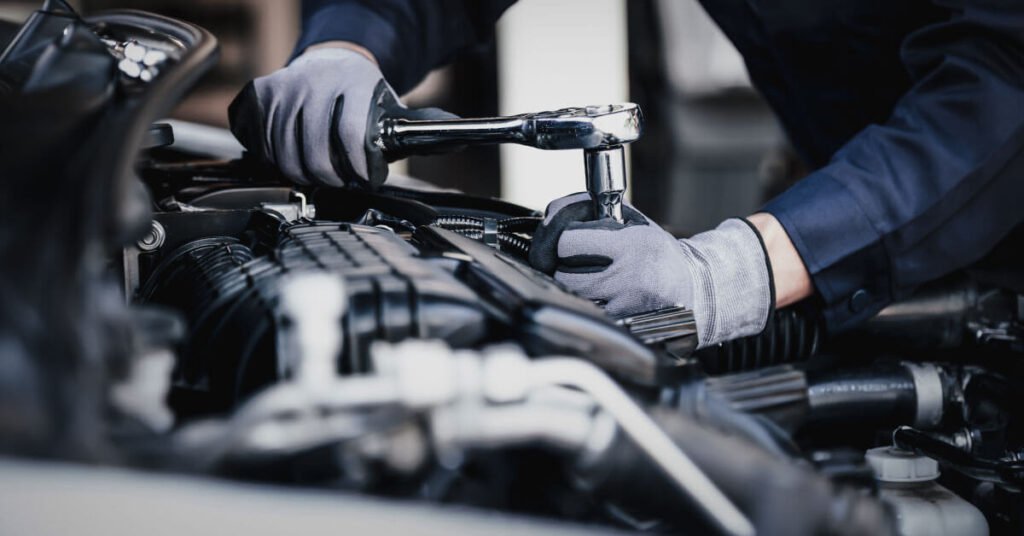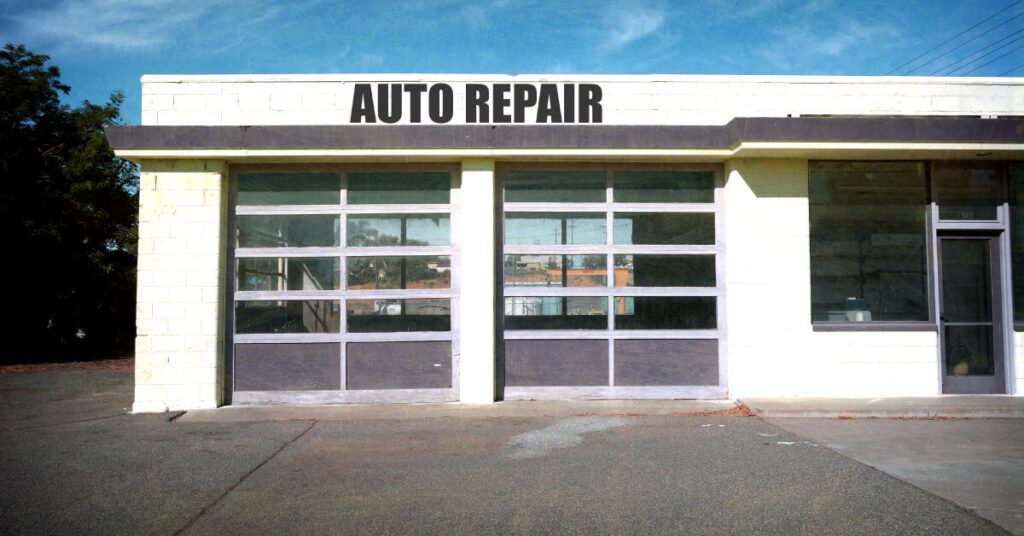When a vehicle owner inquires about the cost of repair with an auto repair shop, they either accept and agree to the costs or decline and leave with their vehicle. Unfortunately, auto repair shops occasionally experience issues with receiving payment from their customers after repairs are completed. In these situations, the mechanic may decide to sell the vehicle they performed repairs on to recoup their costs.
The state of Oregon allows mechanics to sell these vehicles to recover their losses. However, the repair shop must get a possessory lien by posting a $20,000 Mechanic’s Lien Surety Bond or irrevocable letter of credit with the DMV.

A Mechanic’s Lien Surety Bond is a three-party contract. These parties consist of the following:
The Principal: The auto repair shop requesting the possessory lien from the DMV.
The Surety: This is the surety company providing the $20,000 line of credit to the auto repair shop.
The Obligee: The Oregon DMV requiring the auto repair shop post a Mechanic’s Lien Bond.
By submitting a Mechanic’s Lien Bond to the DMV, the auto repair shop is guaranteeing they are following the law when selling vehicles they repaired without receiving compensation. If an original owner of a vehicle sold by the repair shop makes a claim against the bond, the surety company will investigate this claim.
A claim proven to be valid will result in a payout that doesn’t exceed the $20,000 bond amount. As principal of the bond, the auto repair shop is responsible for reimbursing the full amount of the payout to the surety.
As an alternative to posting a Mechanic’s Lien Bond, auto repair shops may choose to get an irrevocable letter of credit from a financial institution, such as a bank. Both options have their pros and cons. However, the letter of credit requires the shop have the full $20,000 amount available. These funds are held by the financial institution and cannot be assessed by the shop while the letter of credit is active.
Regardless of which option the shop chooses, they must file with the DMV on an annual basis to ensure their letter or bond is active. Before your bond expires, you may renew your bond for another term when you file with the DMV.
As principal of the bond, rest assured you don’t pay the full $20,000 bond amount for your surety bond. Only a small portion of the bond amount is collected as premium. Upon approval and with good credit, you can expect to pay between 1% – 5% ($200 – $1,000) in premium for the bond.
Your credit score and business financials largely influences your bond’s cost. The premium you pay depends on the amount of risk the surety is taking on to bond you.
The law requiring Oregon auto repair shops to file a bond or letter of credit with the DMV falls under House Bill 2311 (HB2311). The following entities are exempt from this requirement:

If you have any questions regarding this requirement or would like to verify if your business needs a bond or letter of credit, please contact the Oregon DMV by calling (503) 945-500 for customer assistance.
Acquiring a Mechanic’s Lien Bond is a simple process when you use our online application. We at Surety Solutions, A Gallagher Company partner with leading surety companies to provide you with the best quotes for your bond.
Read what our clients have to say about getting their bond with us:
Have a question about the bond or application? Our team is here to help! Contact us online here or email customercare@suretysolutions.com. Apply online today to get your free, no-obligation quote.
About Surety Solutions, A Gallagher Company
Surety Solutions makes the process of getting your surety bond quick and easy. We’re committed to uphold our culture of trust, honesty and great customer service.
Related Articles
Should business owners post a surety bond or letter of credit? Which is the best option? Read more…
Learn the meaning of a surety bond and letter of credit. Also, the pros and cons of both. Read more…
How does a Discharge of Mechanic’s Lien Bond work and when do you need one? Read more…

Beau is the Marketing Content Developer at Surety Solutions, A Gallagher Company. He creates content about all types of surety bonds, including mortgage, court, lost title, contractor, fidelity, ERISA and many more.
Secured by SSL.



Email: customercare@suretysolutions.com
4285 Commercial Street SE
Suite 110
Salem, OR 97302
(866) 722-9239